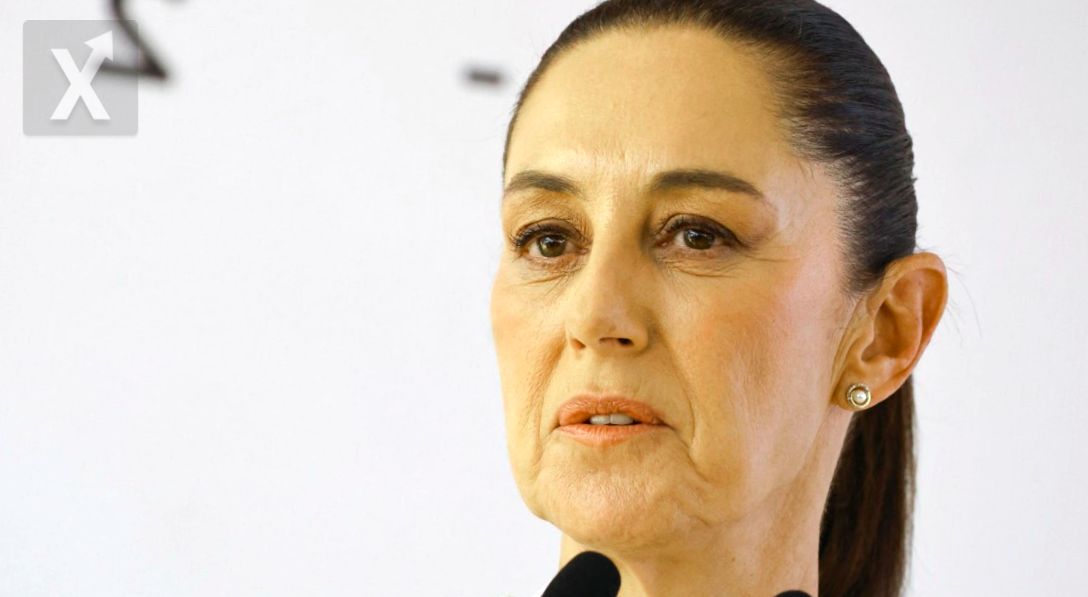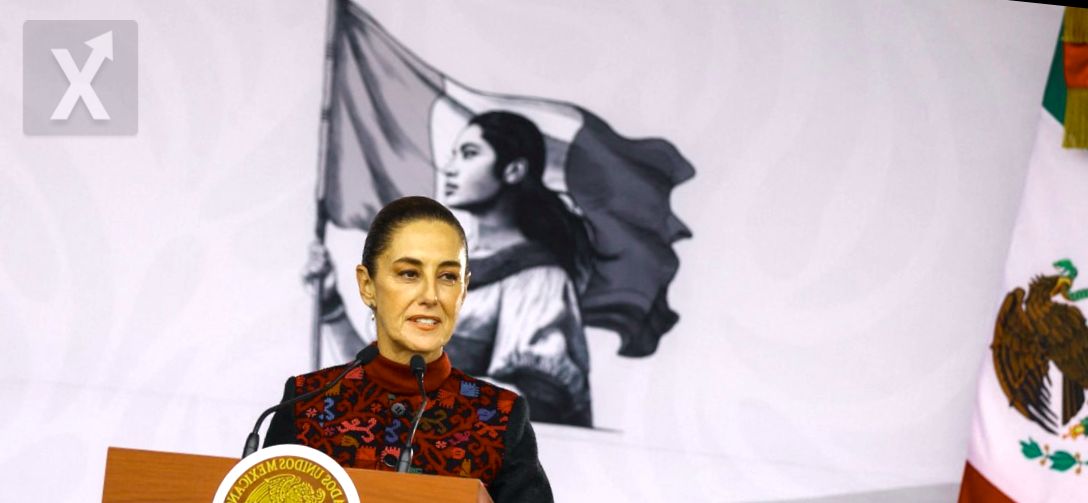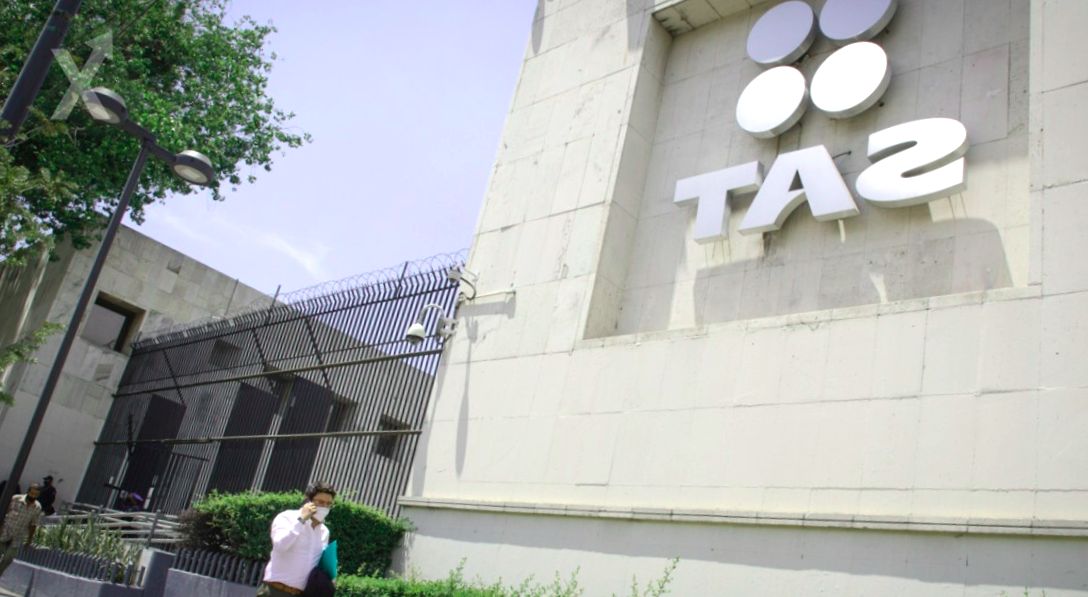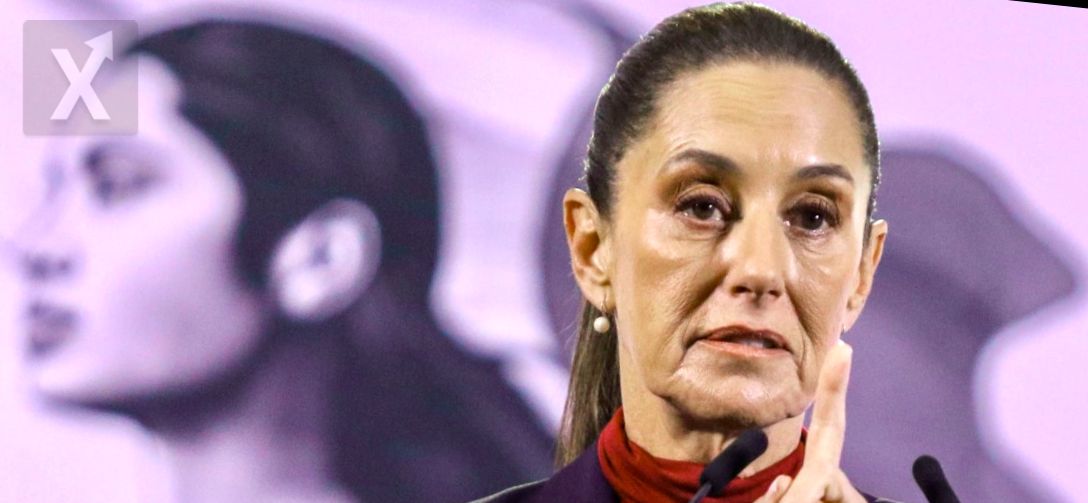Facing the Challenge of Attracting Investment Under Sheinbaum's Administration

The last year of President Andrés Manuel López Obrador's term could be the best ever recorded in terms of Foreign Direct Investment (FDI). Estimates from the Ministry of Economy suggest that around $40 billion could be captured by 2024. However, experts indicate that this figure does not reflect the true potential offered by the relocation of companies, known as nearshoring. Although the ministry's data shows growth in FDI, some analysts argue that, despite efforts made, it is crucial to have coordination among all levels of government, starting with the federal level, to improve the situation. This brings to mind the case of ProMéxico, a trust fund that was dissolved by decree in May 2019, which previously helped promote the country internationally and boost foreign trade.
With Claudia Sheinbaum taking office on October 1, specialists suggest that implementing a more robust policy to attract FDI is essential, establishing a federal agency to centralize efforts. This is vital to fulfill investment commitments totaling $170.193 billion from January 2023 to August 2024. The new government will need to address crucial issues related to energy, water, security, and the rule of law to provide certainty to investors. However, one of the biggest challenges will be in logistics infrastructure, which, according to Rogelio Jiménez Pons, Deputy Secretary of Transportation, will require an investment of $400 billion to meet needs through 2032.
Juan Francisco Torres Landa, a partner at Hogan Lovells, emphasizes that Mexico needs a new approach to attract investments, as it seems that so far it has been left to chance. He estimates that the country could have captured at least $100 billion in new FDI, representing 55.5% of what is no longer arriving from China. In 2023, investment from that country decreased to $33 billion, down dramatically from over $180 billion in 2022. Last year, Mexico received only $5.033 billion in new investments, accounting for just 5% of the figure Torres Landa mentions. Statistics from the Ministry of Economy indicate that these new investments are alarmingly low; they only reached 13% of the total in 2023 and 3% in the first half of 2024, with $909.3 million. He warns that this is a historic opportunity for Mexico, one that may not come around again for several decades, and it's urgent to act to improve the conditions for physical and legal security, as well as to ensure a reliable, renewable, and accessible energy supply along with the development of the necessary logistics infrastructure to support growth.
From the business environment, there is an emphasis on the need for the country to promote itself more effectively abroad to attract more FDI. Pedro Casas Alatriste, director of AmCham, highlights the importance of the government reinvesting in investment promotion, which translates into a collective effort that must be national and federal. In this regard, a focused approach to attracting investments would be fundamental.
To achieve the proposed goals, some suggest establishing public servants dedicated to attracting investments and creating an agency focused on promoting Mexico. Sergio Contreras from COMCE points out that we are the only country in Latin America without such an agency. A specialized entity could yield better results by coordinating efforts towards attracting investments through tools like big data analysis. COMCE has presented various initiatives for the next six years of Sheinbaum's government, seeking to transform Mexico from a purely manufacturing country to one that generates innovations and advanced technologies. The economic advisor to the newly elected president has stated that a comprehensive promotion plan will be created, aligned with state governments; otherwise, efforts will be compromised. Claudia Sheinbaum has declared that interest in the Mexican economy has grown and that plans are in place to encourage investments that offer fair and dignified wages, as well as to promote technology and the added value behind these investments. According to the history of the Ministry of Economy, FDI has been concentrated in manufacturing, financial services, and mining; however, during her term, Sheinbaum aims to boost the semiconductor, electronics, electromobility, medical devices, and agro-industry sectors.
The new government's ability to attract foreign investment depends not only on numbers but also on creating a conducive and trustworthy environment. Coordination between government entities and the private sector will be key to materializing the opportunities presented by nearshoring, allowing Mexico to position itself as a leader in innovation and sustainability. Effective planning and policy implementation will be crucial for the country not only to attract investments but also to transform them into tangible benefits for its population.
In summary, the upcoming administration has a historic opportunity ahead. To leverage this moment, it will be essential for Sheinbaum's administration to adopt a comprehensive strategy that considers all necessary aspects for attracting sustained and quality investment, which could mark a milestone in the country’s economy.




